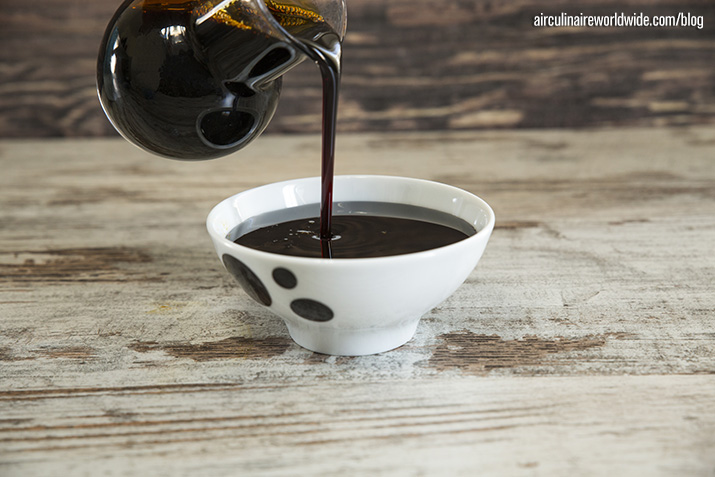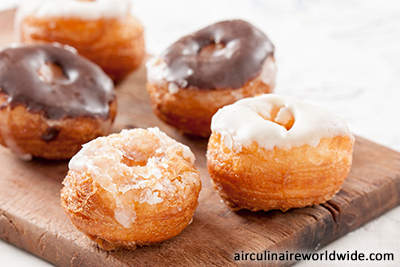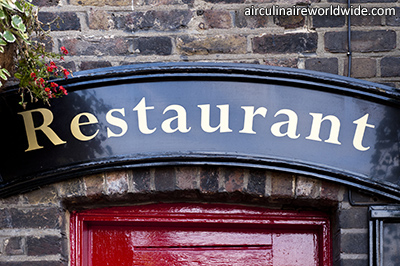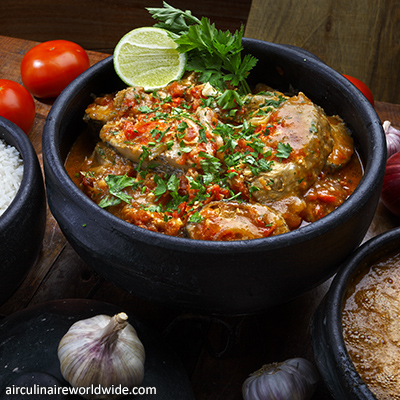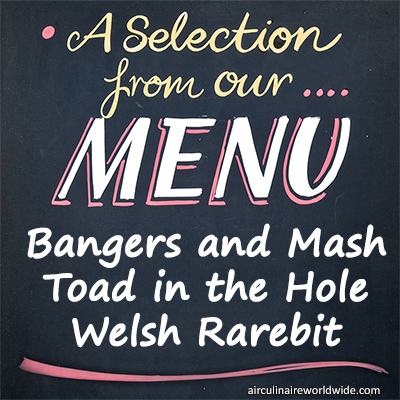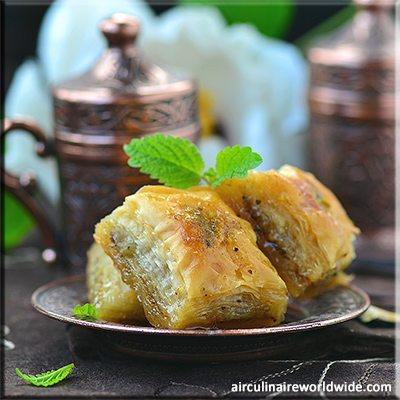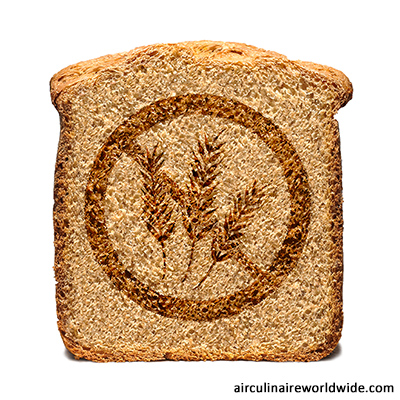Call me a neophyte or what you want, but I have never had a molasses bar. Not really sure how this even got its own National Day, but, hey, who am I to challenge the powers that be. So, I will just dance around the “bar” part and get right to the part that I do know about… the molasses.
Molasses has been around for centuries and is made from boiling high sugar content plants. In the Middle East, molasses is made from dates, carob, mulberries and pomegranates. In western countries, molasses is made from sugar cane or sugar beets.
Molasses is made by crushing the plants and extracting the liquid. The sugar in the juices are separated from the liquid by boiled to catalyze crystallization, and then filtered. The liquid leftover (sans sugar) is the molasses. There are three stages of processing, resulting in different molasses with different characteristics.
Light Molasses
- The result of the first boiling and sugar separation process.
- Has the highest sugar content.
- The liquid is golden in color.
- Slight smoky flavor.
- Commonly called “Original,” “Mild,” “Sweet” or “Barbados” Molasses.
- Used in baked goods, marinades, rubs, sauces or toppings for bread products.
Dark Molasses
- The result of the second boiling and sugar separation process.
- Has a thicker consistency and lower sugar content.
- Darker in color.
- More pronounced smoky/burnt flavor.
- Commonly called “Cooking,” “Robust” or “Full Flavor” Molasses.
- Used in darker flavor items such as barbecue sauce, baked beans, ginger snaps, gingerbread.
Blackstrap Molasses
- The result of the third boiling and sugar separation process.
- Extremely thick and bitter to the taste.
- Very dark in color.
- Pronounced burnt flavor.
- Has most nutritional value of all the molasses.
- Used in beer brewing, as a coloring agent and in livestock feed.
Like I said, I am not really sure about the “bar” thing, but at least we have a little better understanding of molasses.
Questions?
If you have any questions about this article or flight crew culinary training, contact me at rpeterson@airculinaire.com. For questions about in-flight catering, contact weborders@airculinaire.com.
